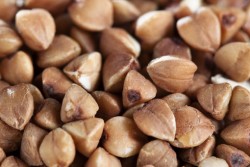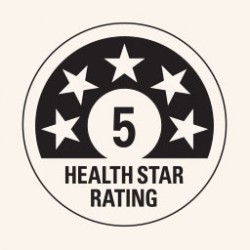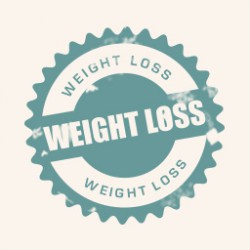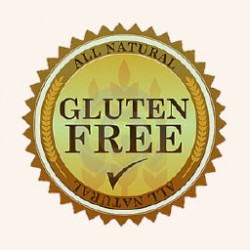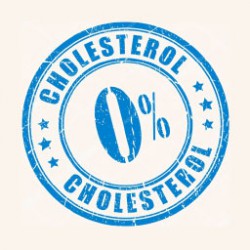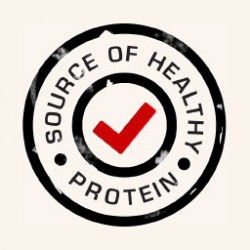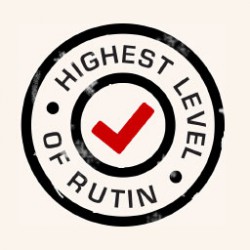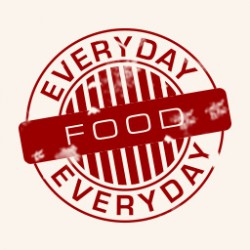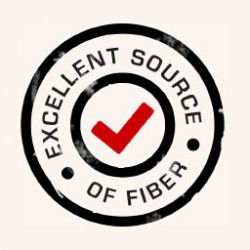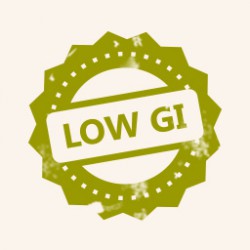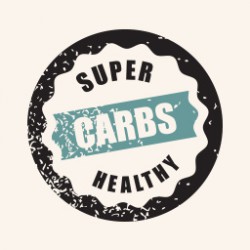0% - Gluten
0% - Sodium
0% - Chemicals
0% - Cholesterol
Magnesium, Iron
Potassium, Calcium
Fiber, Protein, Rutin
Phosphorus, Copper
Breast Cancer Protection
Home » Breast Cancer Protection
Reduces the risk of breast cancer
Research has proved that eating a diet rich in fiber from whole grains such as buckwheat reduces the risk of breast cancer. In fact, pre-menopausal women eating wholegrain fiber are at a lower risk of developing breast cancer.
The antioxidant properties of buckwheat are often used as an antidote for x-ray irradiators. The antioxidants, lignans play an important role in estrogen reception and hence are beneficial for women during or after their menopause. The plant lignans are converted into mammalian lignans in the intestines. One of these called enterolactone is believed to protect against breast cancer and other forms of cancer related to hormones

Buckwheat is recommended for breast cancer
An extract of buckwheat hulls has been shown to have cytotoxic effects in human breast, liver and stomach cancer cells. A peptide of buckwheat seeds has been found to inhibit proliferation of liver and breast cancer cells, as well as leukemia cells. Tartary buckwheat (similar to buckwheat) has been found to have antiproliferative effects in human breast cancer cells. Buckwheat also has been shown to inhibit carcinogen-induced mammary tumors in laboratory rats by lowering circulating estrogen.
Postmenopausal women with breast cancer and a high intake of plant lignans such as enterolactone have been found to be less likely to die from their breast cancer than those with a low intake. Enterolactone has also been found to increase the sensitivity of breast cancer cells to radiation, thereby potentially enhancing the treatment effects of radiotherapy.

Fiber from Whole Grains Protective against Breast Cancer
When researchers looked at how much fiber 35,972 participants in the UK Women's Cohort Study ate, they found a diet rich in fiber from whole grains, such as buckwheat, and fruit offered significant protection against breast cancer for pre-menopausal women. (Cade JE, Burley VJ, et al., International Journal of Epidemiology).
Pre-menopausal women eating the most fiber (>30 grams daily) more than halved their risk of developing breast cancer, enjoying a 52% lower risk of breast cancer compared to women whose diets supplied the least fiber (<20 grams/day).
Fiber supplied by whole grains offered the most protection. Pre-menopausal women eating the most whole grain fiber (at least 13 g/day) had a 41% reduced risk of breast cancer, compared to those with the lowest whole grain fiber intake (4 g or less per day).
Fiber from fruit was also protective. Pre-menopausal women whose diets supplied the most fiber from fruit (at least 6 g/day) had a 29% reduced risk of breast cancer, compared to those with the lowest fruit fiber intake (2 g or less per day).
Practical Tip: As the following table shows, it's surprisingly easy to enjoy a healthy way of eating that delivers at least 13 grams of whole grain fiber and 6 grams of fiber from fruit each day.
Additional Research Finds Cereal and Fruit Fiber Protective against Postmenopausal Breast Cancer
Results of a prospective study involving 51,823 postmenopausal women for an average of 8.3 years showed a 34% reduction in breast cancer risk for those consuming the most fruit fiber compared to those consuming the least. In addition, in the subgroup of women who had ever used hormone replacement, those consuming the most fiber, especially cereal fiber, had a 50% reduction in their risk of breast cancer compared to those consuming the least.
Fruits richest in fiber include apples, dates, figs, pears and prunes. When choosing a high fiber cereal, look for whole grain cereals as they supply the most bran (a mere 1/3rd cup of bran contains about 14 grams of fiber). With its rich, nutty flavor, buckwheat makes a great breakfast alternative to a bowl of hot oatmeal. A cup of buckwheat delivers 20% of the RDI for fiber for just 154 calories!
